Nigeria has firmly declined a request from the United States to accept deported Venezuelan nationals, many of whom are reportedly ex-convicts. The Minister of Foreign Affairs, Ambassador Yusuf Tuggar, made this known during an interview on Politics Today aired on Channels Television Friday evening.
Tuggar expressed concern over what he described as growing pressure on African countries, including Nigeria, to accept deportees from Venezuela currently in U.S. custody.
“It will be difficult for a country like Nigeria to accept Venezuelan prisoners. We have enough problems of our own,” he said. “We cannot accept Venezuelan deportees to Nigeria, for crying out loud. We already have 230 million people. You will be the same people to criticize us if we agree to such a deal.”
The minister warned that accepting such a request could set a dangerous precedent. “The issue of accepting Venezuelan deportees is not something Nigeria is in a position to accommodate. Insisting that we take in 300 deportees would be unfair—and that could just be the beginning.”
Tuggar also addressed lingering concerns about a 10 percent tariff reportedly imposed on Nigerian goods during the administration of former U.S. President Donald Trump. The policy drew attention due to its timing, which followed President Bola Tinubu’s participation in the BRICS summit—an economic alliance that Trump had previously criticized.
“The issue of tariffs may not necessarily be linked to our participation in BRICS,” Tuggar clarified, attempting to quell speculation that the move was politically motivated.
Further fueling tensions between both countries, the U.S. Embassy in Nigeria recently announced a change in its visa policy, limiting Nigerian non-immigrant visa holders to single-entry visas valid for only three months. The decision has drawn backlash, especially as Nigerian authorities issue Americans multiple-entry visas valid for up to five years.
Dismissing claims that the U.S. action was in retaliation for Nigeria’s visa stance, Tuggar said, “We are talking to the Americans. We are engaging them. We also remind them that we issue five-year multiple-entry visas to U.S. citizens, just as they do for regular travellers from other countries.”
He also emphasized Nigeria’s recent improvements to its visa processes, including the introduction of electronic visa applications designed to enhance convenience and efficiency.
“We used to have a visa-on-arrival, which wasn’t very efficient. Now we have electronic visas that travellers can apply for before arriving, which saves time and simplifies the process,” he explained.
On the issue of visa validity, Tuggar clarified that Nigeria’s decisions are based on the traveler’s purpose and likelihood of returning, rather than strict reciprocity.
“There are first-time travellers coming as tourists who might not return to Nigeria again, and they may receive 90-day visas,” he said. “But that doesn’t mean every American gets only short-term visas—many receive long-term ones.”
Tuggar’s remarks come amid growing diplomatic tensions and serve as a strong message that Nigeria will not be pressured into accepting responsibilities it considers unfair or unsustainable.



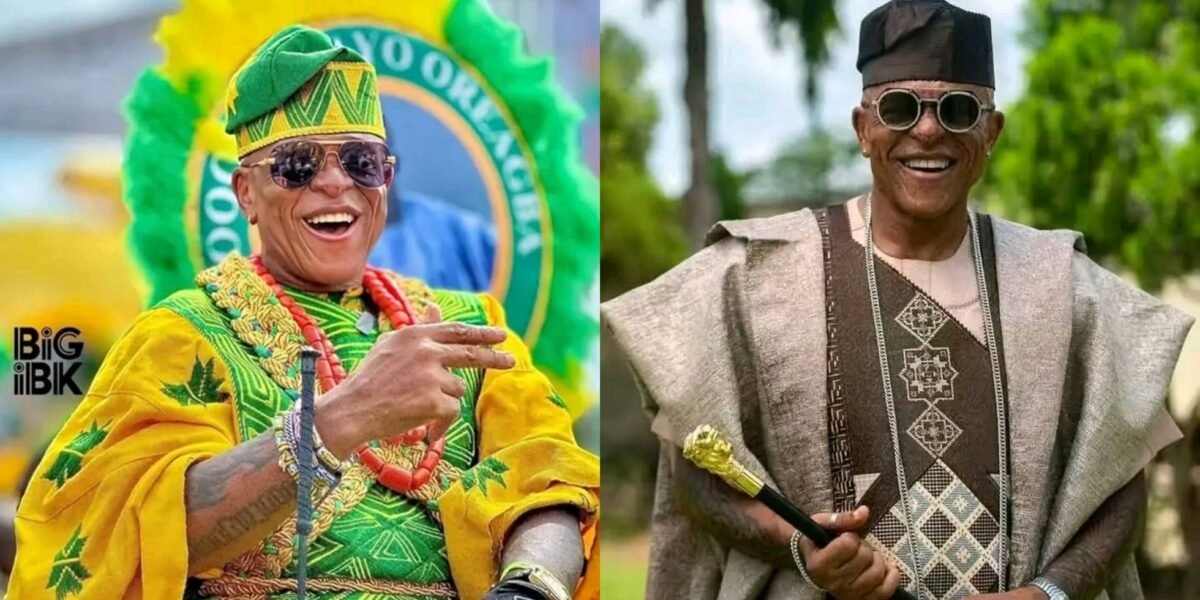


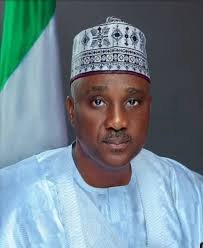
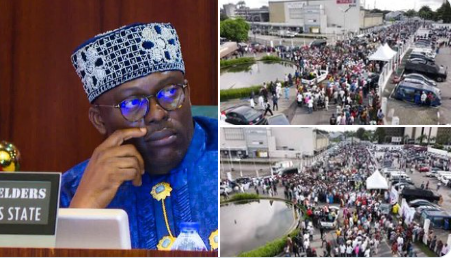

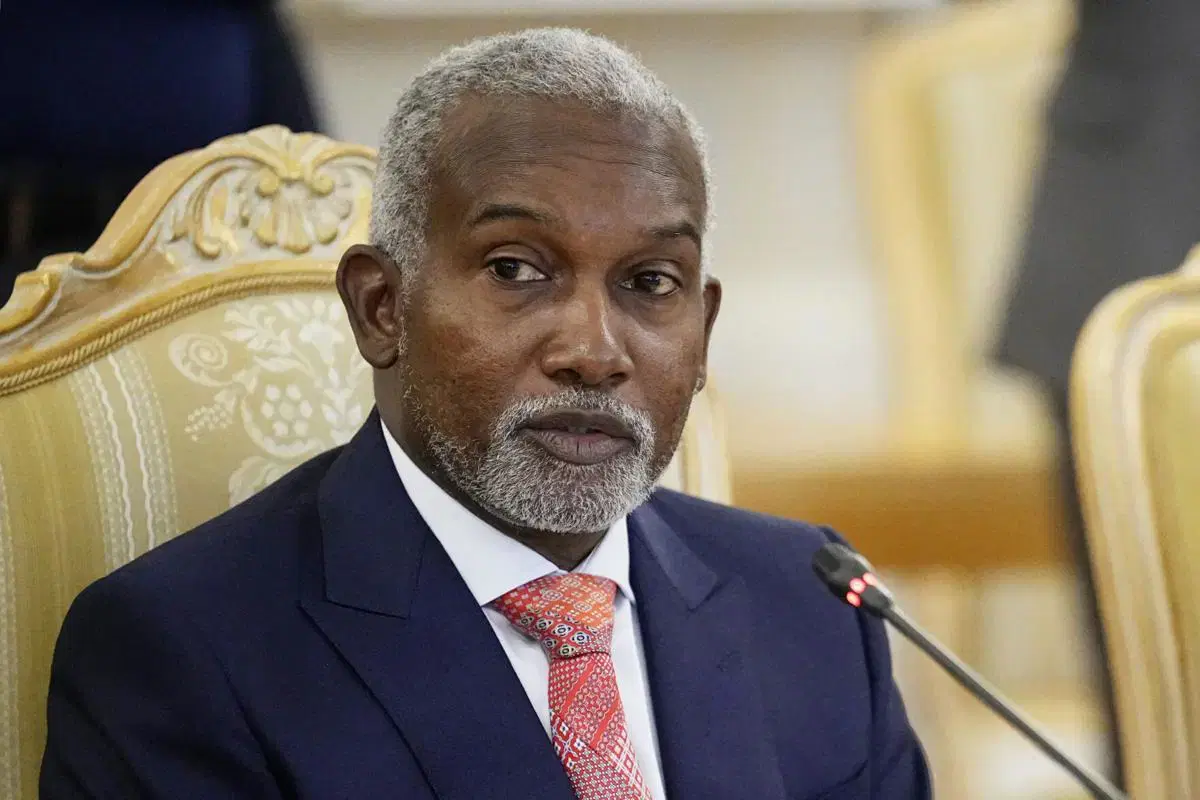
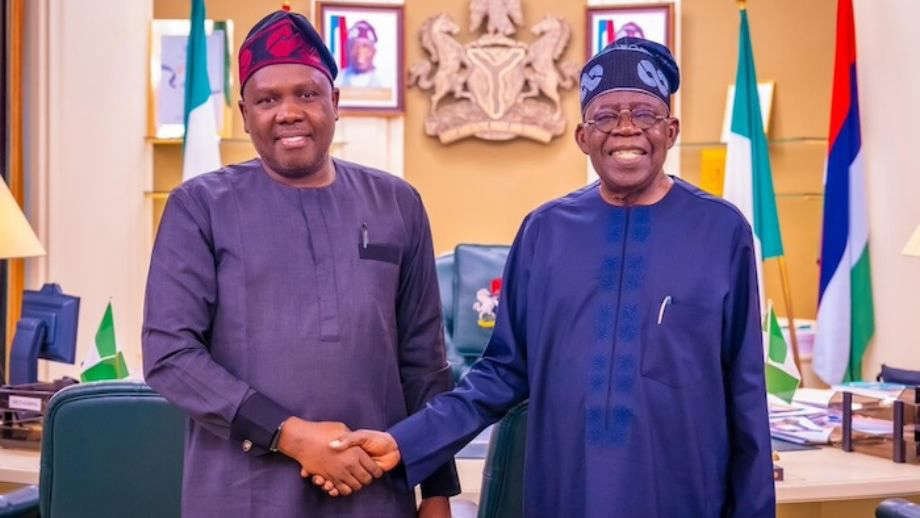
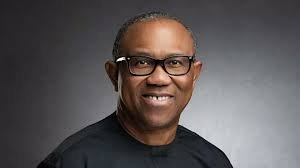
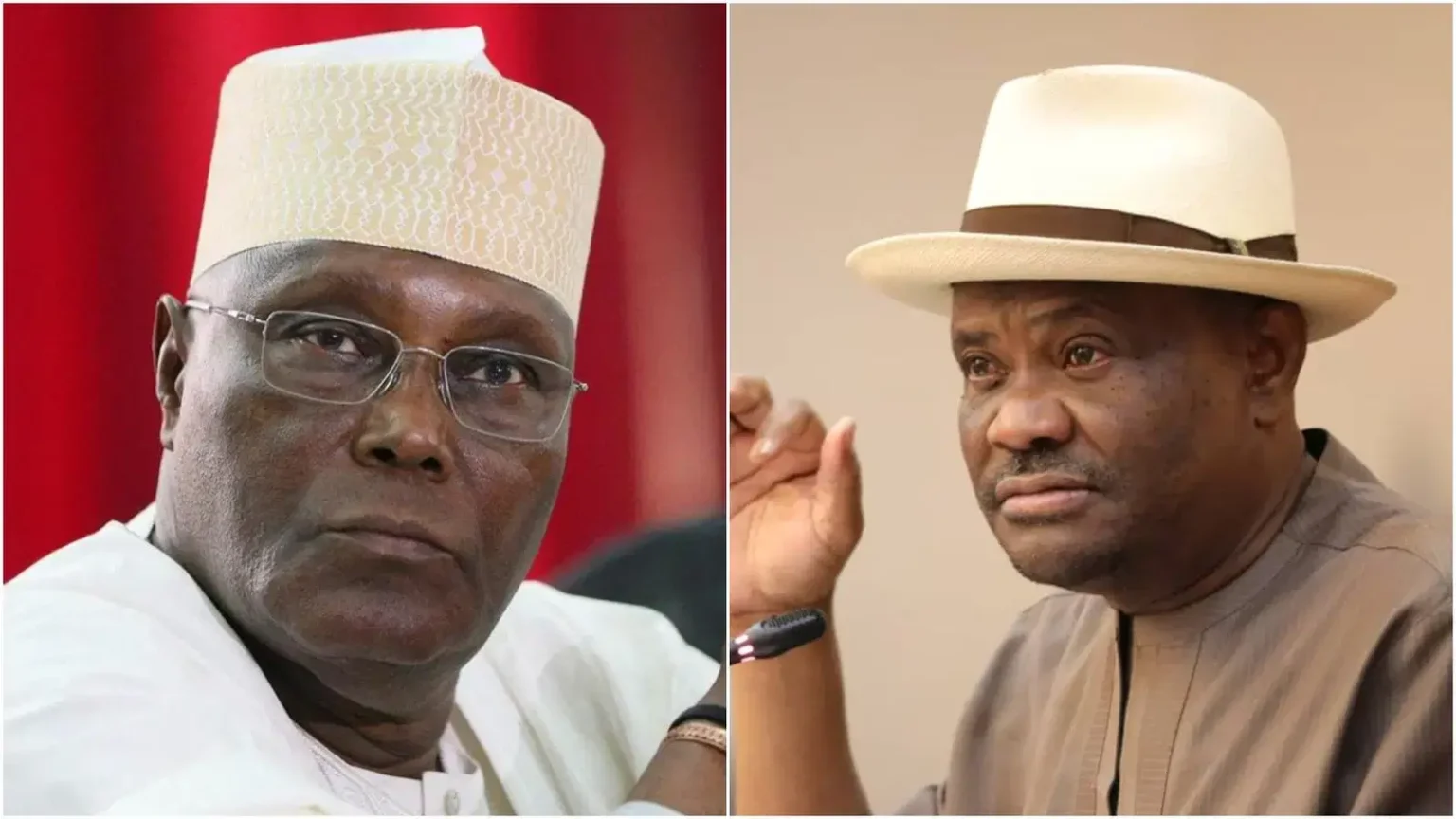
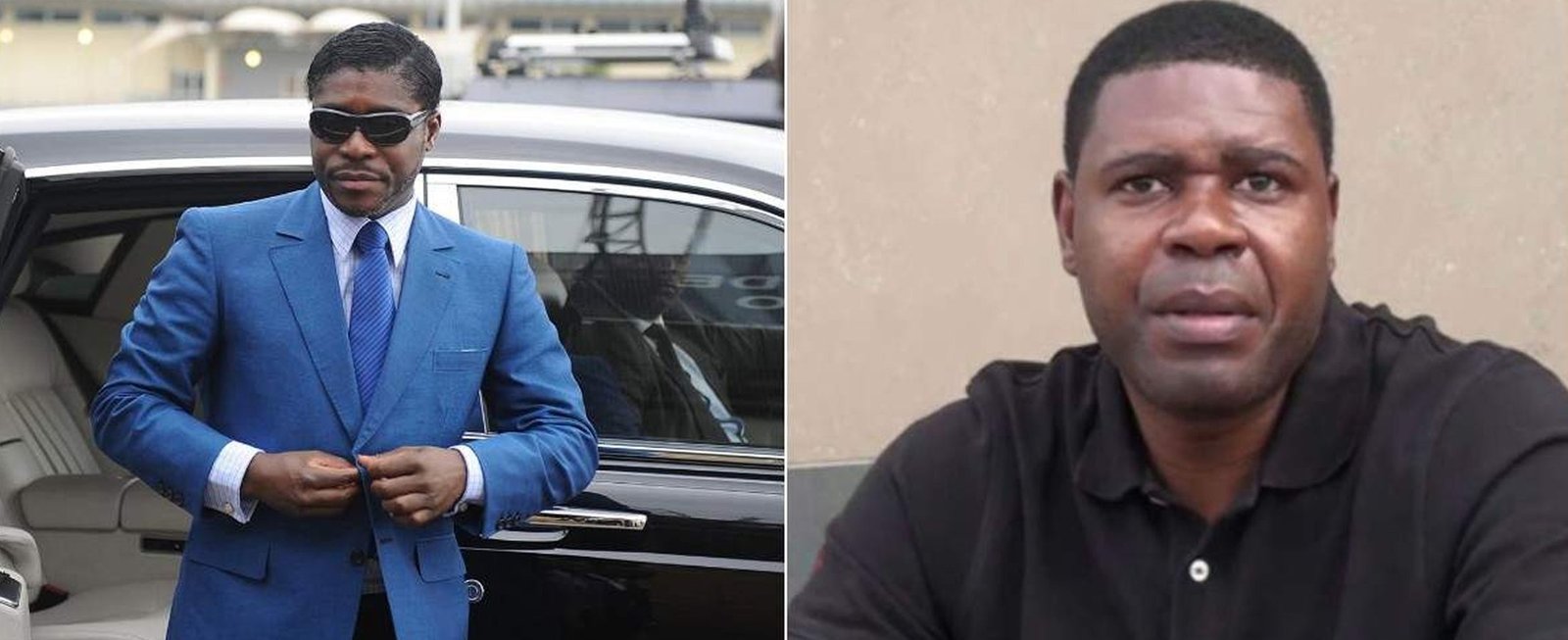
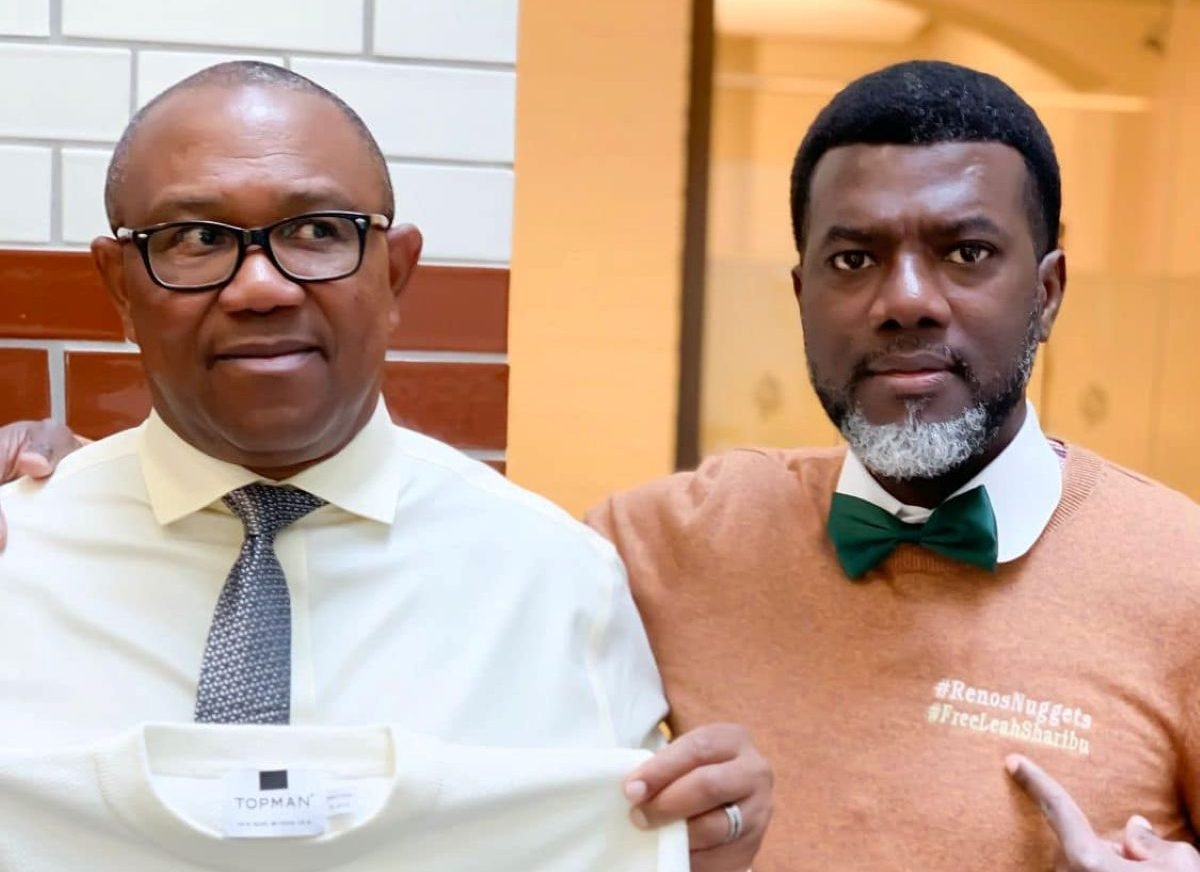
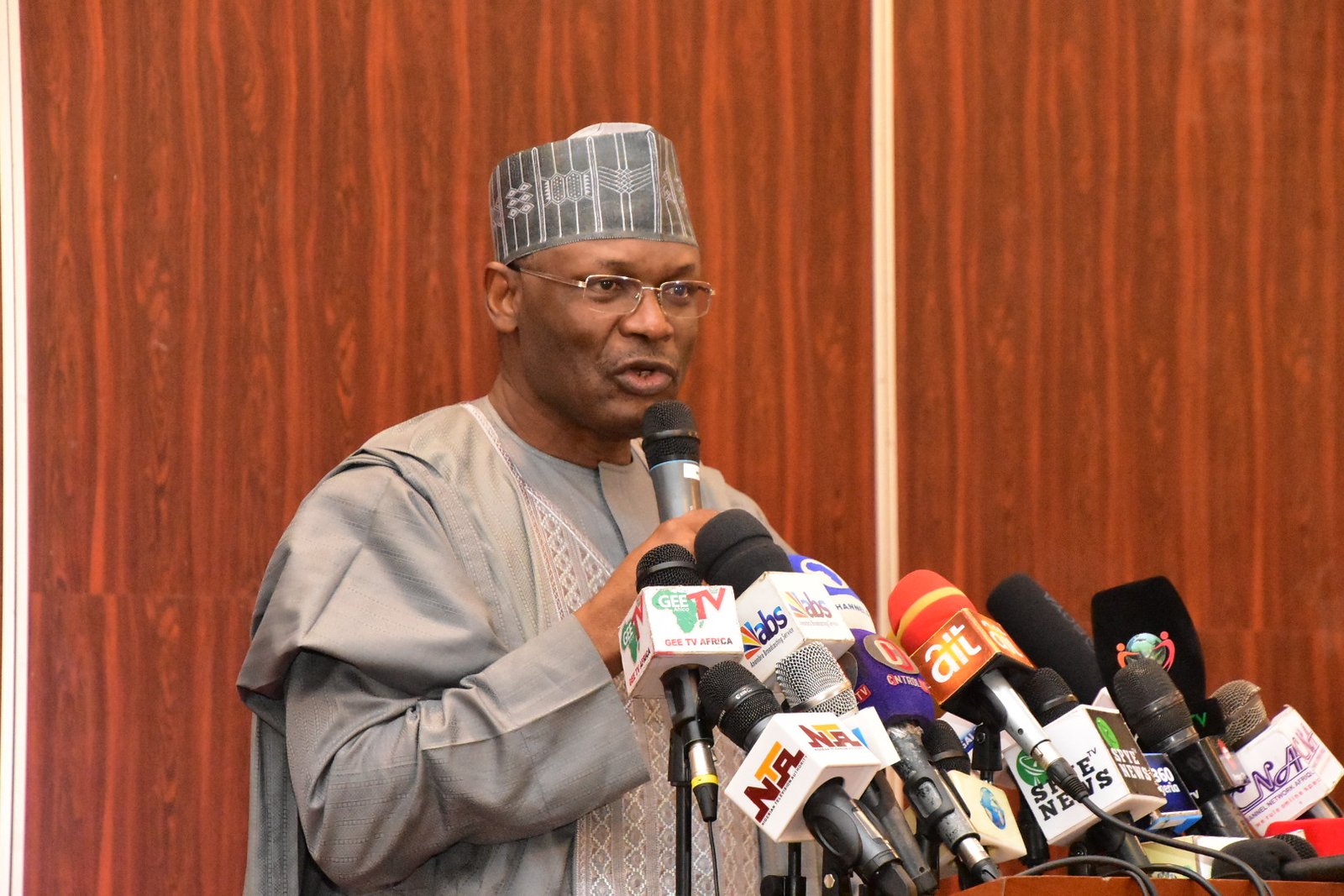
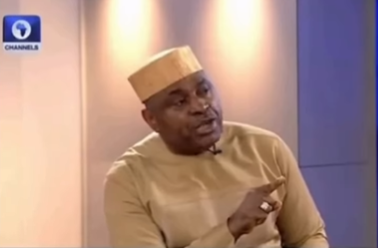

Comments on “Nigeria Rejects U.S. Push to Accept Deported Venezuelans – Foreign Affairs Minister Tuggar”